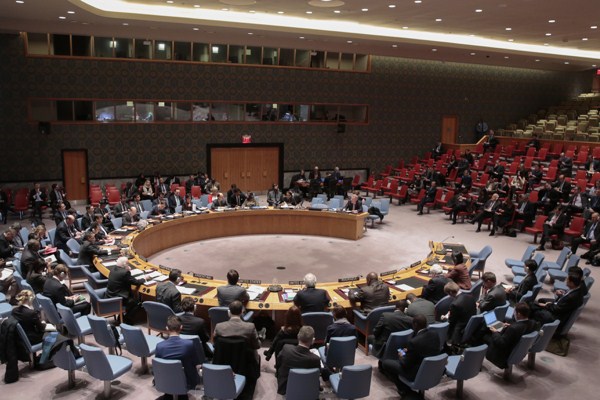U.S. President Barack Obama’s ability to influence the future of American foreign policy is inevitably shrinking as he approaches the end of his second term. But as president, he still has enormous leverage over the direction of United Nations diplomacy. In the next few weeks or months, Obama could dump two exceptionally sensitive tasks on the U.N.: finding a new way out of the Israeli-Palestinian conflict and monitoring an agreement on Iran’s nuclear program. If the U.N. can successfully accomplish either of these things, the organization will receive a gigantic boost. If it fails on both, the long-term damage to its already degraded reputation could prove to be immense.
American officials have been seething since Israeli Prime Minister Benjamin Netanyahu promised not to recognize a Palestinian state in an ultimately successful ploy to win national elections last week. After Netanyahu’s victory, the White House warned that the U.S. could endorse, or at least abstain on, a U.N. Security Council resolution setting out the negotiating parameters for an Israeli-Palestinian deal similar to a text Washington rejected in December. That proposal gave the two sides one year to negotiate an agreement and Israel three years to quit the Palestinian territories. Washington might still balk at formalizing such precise demands, but any shift in its stance at the U.N. would signal a significant break with Israel.
The U.S. is also still striving to strike a bargain with Iran over Tehran’s nuclear ambitions by the end of this month. Talks in Switzerland sputtered out last Friday without reaching a final agreement. They will recommence this week, but it is still unclear whether a deal is feasible.

